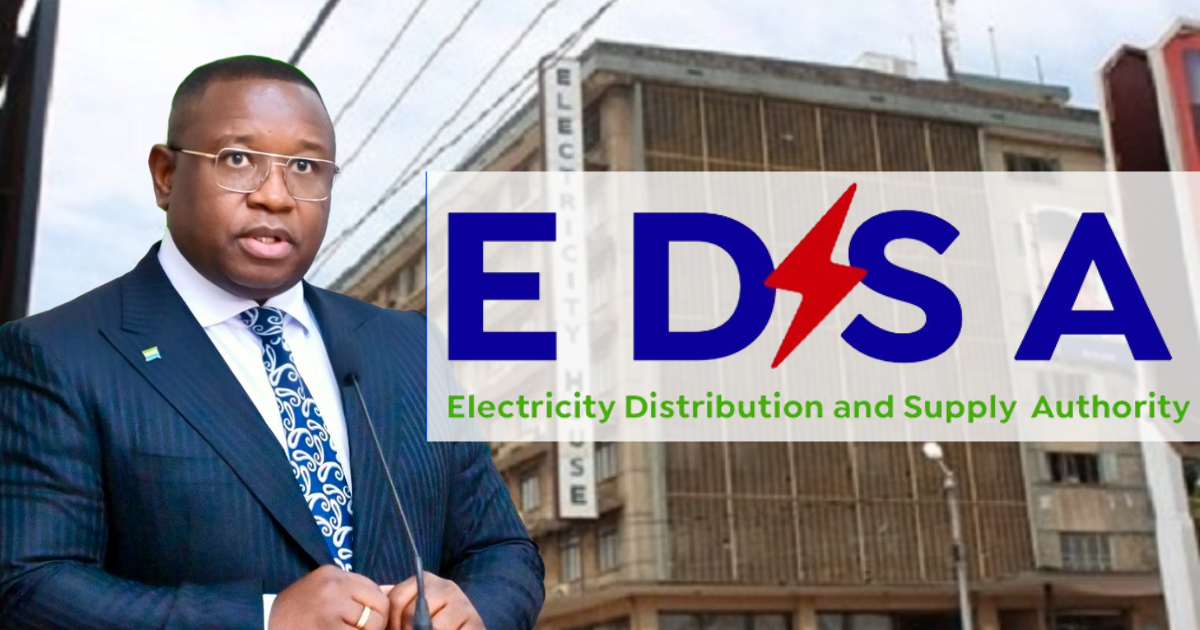Sierra Leone’s Deputy Speaker of Parliament, Hon. Ibrahim Tawa Conteh, has pledged to address the country’s persistent electricity problems.
During a public hearing of the Public Account Committee, Conteh highlighted concerning issues surrounding the Electricity Generation Transmission Company (EGTC) and the Electricity Distribution and Supply Authority (EDSA).
The Public Account Committee (PAC) hearing focused on investigating discrepancies raised in the Auditor General’s Report. Conteh pointed out that numerous government ministries and agencies owe billions of Leones to EDSA, hindering progress in electricity generation.
“Both EGTC and EDSA also have accountability and transparency issues to address,” Conteh emphasized. He acknowledged the challenges faced by the institutions and expressed his intent to delve into the audit report’s findings concerning them.
Conteh stressed the need for EGTC and EDSA to explore alternative energy sources beyond private thermal plants. He underscored the importance of bill payments, stating, “compliance of failing to pay electricity bills” is crucial. The Deputy Speaker expressed confidence that by the end of the PAC’s investigation, billions of Leones owed to EGTC and EDSA will be recovered, ensuring a more reliable electricity supply.
Conteh went further, declaring, “Sierra Leone shouldn’t have to beg for everything.” He believes there are trapped funds within the system that hinder electricity provision. The PAC, he assured, will tackle these issues and work towards recovering government funds.
A stern warning was issued to those who violate financial regulations. Conteh threatened that those who fail to pay owed funds will face imprisonment or be forced to settle their debts. He vowed to move trapped funds in transit banks to the consolidated revenue fund and hold all parties accountable.
The Deputy Speaker also directed his focus towards delinquent mining and construction companies. He warned of potential shutdowns and imprisonment for company managers who fail to meet their tax obligations.












We pray that Conteh wins in handling the issue of electricity, one way to succeed it will be nice if all the Government Ministries and Agencies that owe EDSA are published with the total amount owed and a deadline be given to all of them to pay.
And for transparency sake the public should be informed of what these money payed by the Government Ministries and agencies done or should do to improve the technical aspect.
But hmmmmm Minister kanga Resigned,
HE president took charged
Now Deputy Speaker want to help to solve the same problems
Ok we hope to God.